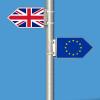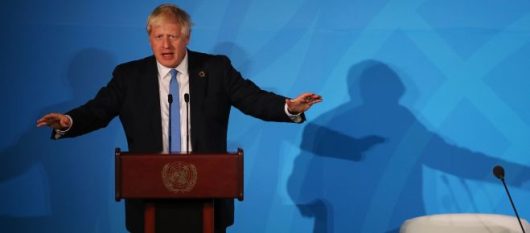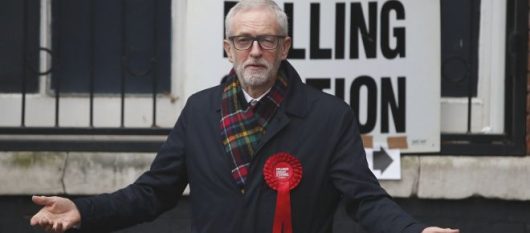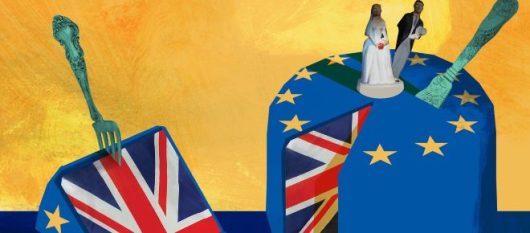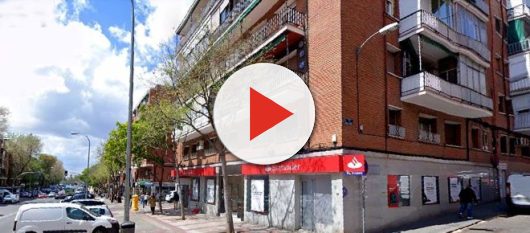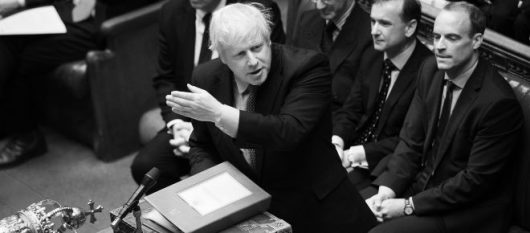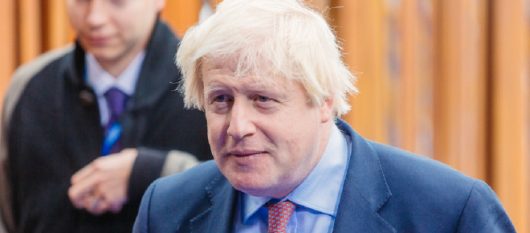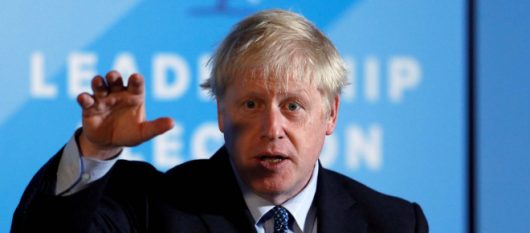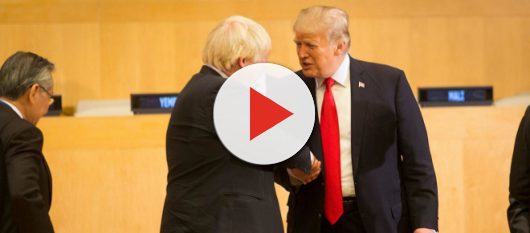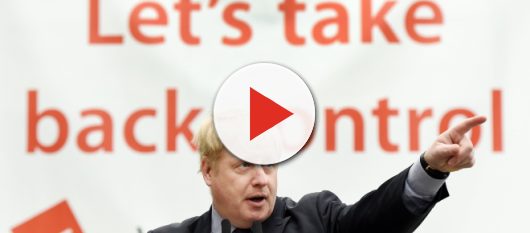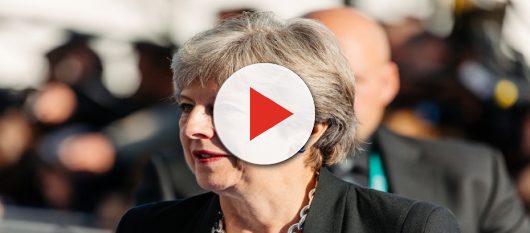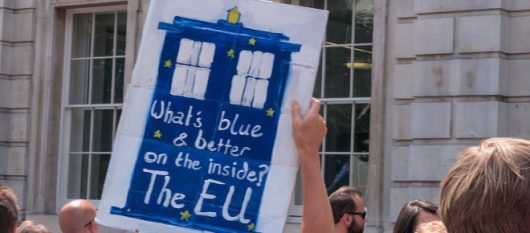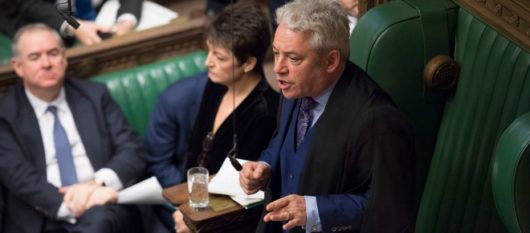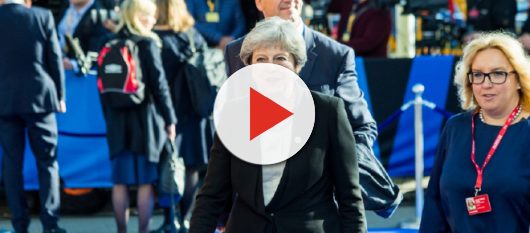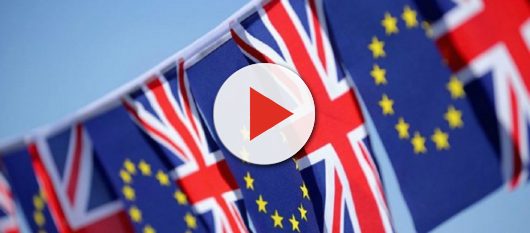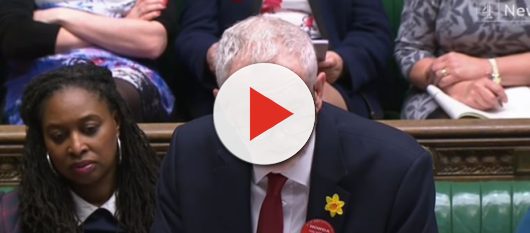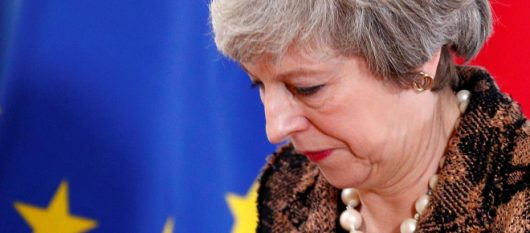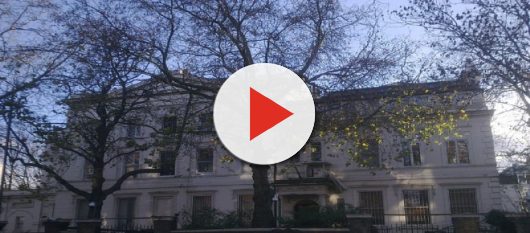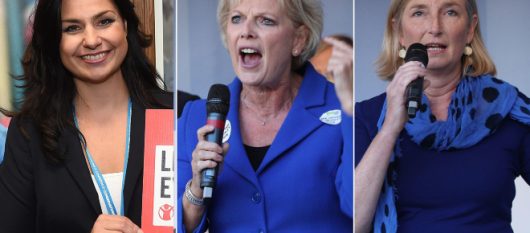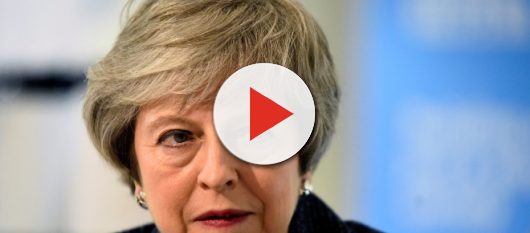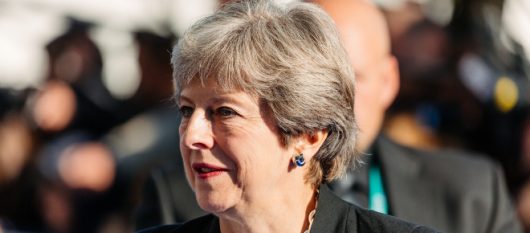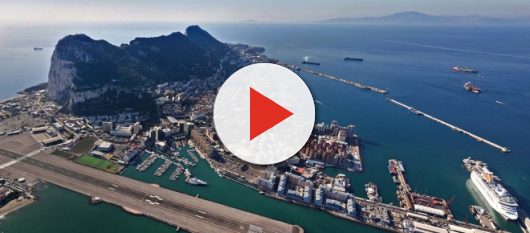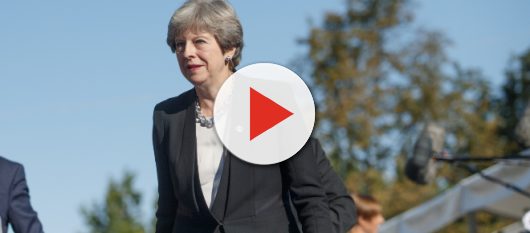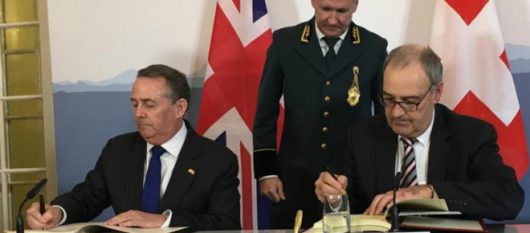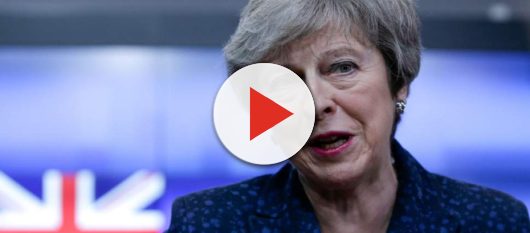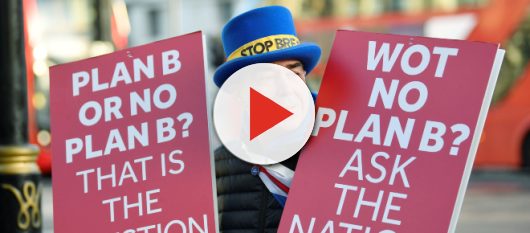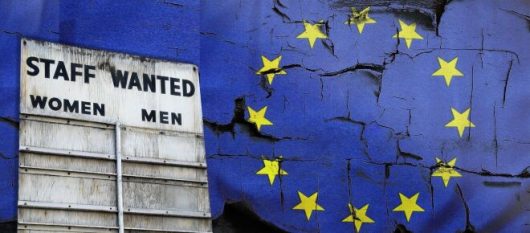
Brexit
Brexit represents one of the biggest developments facing the UK at the moment and is sure to be making headlines on a regular basis.
1.What is BREXIT?
Brexit refers to the withdrawal of the United Kingdom (UK) from the European Union (EU) decided through a referendum happened on the 23rd June 2016. The 51.9 percent of the participating UK electorate voted to leave the EU, out of a turnout of 72.2%. The UK government invoked Article 50 of the Treaty on the European Union in March 2017. The United Kingdom is officially due to leave the EU at midnight on 30 March 2019 Central European Time. The term Brexit is a composite of the words "British" and "exit". It may have first been used in reference to a possible UK withdrawal from the EU by Peter Wilding, in a Euractiv blog post in 2012.
2.Background
In February 2013, David Cameron made a speech at Bloomberg House outlining his plans to hold an In/Out referendum on the UK's membership of the European Union. After winning the 2015 General Election, the Conservative Party passed through the EU Referendum Bill that made it legal for the Government to hold a vote on Britain's future in the EU.
After attempting to negotiate an improved deal for the UK to remain in the EU during February 2016, Mr. Cameron decided to hold the EU Referendum on June 23rd 2016. Despite the substantial support he received from US President Barack Obama, numerous celebrities, national and international institutions and other renowned leaders, the British electorate decided by a very narrow margin of 52/48 per cent on June 23rd 2016 to leave the EU, thereby beginning the Brexit process.
3.Political Developments
The political developments that followed were profound. On June 24th 2016, David Cameron announced his resignation as Prime Minister, leading to Theresa May's appointment as Prime Minister in July 2016 after a brief leadership contest that witnessed all of her rivals drop out. It also led to a leadership contest in the Labour Party after they became confused about how to react to Brexit. In September 2016, Jeremy Corbyn saw off a leadership challenge from Owen Smith and remains Leader of the Labour Party to this day.
Campaigner Gina Miller defeated the Government at the Supreme Court this year in a bid to stop the Government triggering Article 50 without parliamentary consent. In March 2017, the Prime Minister triggered Article 50 after winning a parliamentary vote on the issue.
In April 2017, Theresa May called a general election, hoping to win a landslide victory and strengthen her hand in the Brexit negotiations. Instead, she was brought back to power in a minority government with DUP support.
Since the negotiations started, Ireland, EU citizens' rights and the size of the divorce bill have stalled discussions on Britain's future trading relationship with the EU. On December 8th, 2017, European Commission President Jean-Claude Juncker agreed sufficient progress had been made to move forward to trade discussions.
4.What does the future hold?
The next few years will determine how successful Britain could be in a post-Brexit environment. It will be interesting to see how leaving the EU will affect the UK's trade and relationships with the rest of the globe, whether it will restore true parliamentary sovereignty and curb immigration.
Who follows the Brexit channel?
